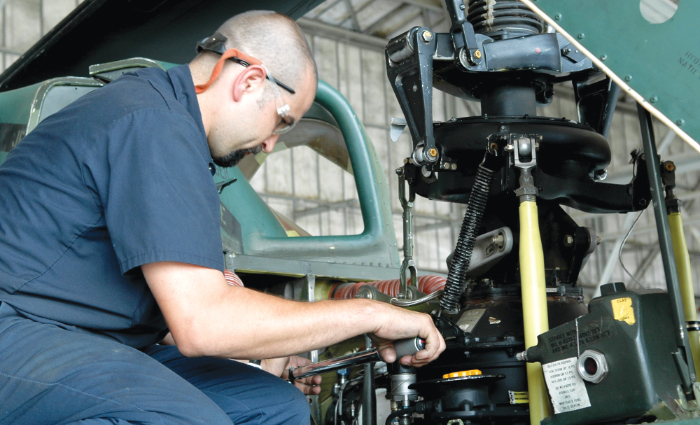What farmers do
I have always had a problem with the farmer analogy. It is usually applied to a salesperson who services an established book of business. Farmers call on their customers, take orders, make deliveries and maintain relationships. The classic sales farmer is more about service than selling.
If you compare that to what farmers who operate farms do every day, the analogy breaks down pretty quickly. Real farming is about preparing the ground, planting the seeds, cultivating the plants and then harvesting them. Real farming is a highly proactive process. A classic farmer type salesperson would probably not be very successful on a farm. Of course, in my experience, most farmer type salespeople are not making their employers very happy either.
Why? Because businesses need new business. And while it is true that a farmer can service a growing account, experience has shown that to be an undependable model. Just as frequently, it seems, farmers manage shrinking accounts. We might even say broken accounts.
What mechanics do
That takes us to mechanics, who fix broken things. But that is not all. Mechanics also do a lot of preventative maintenance. Yes, you have to take your car to a mechanic when it is broken, but you will probably do that less frequently – and end up spending less overall – if you follow the recommended service schedule: change your oil before it stops lubricating; rotate your tyres before they break down from uneven wear; get regular inspections to identify and resolve problems before they leave you sitting at the side of the road.
What is the service schedule for your typical customer? I recommend we start here: Never let 12 months go by without expressing your appreciation for that customer’s business. And please note, that applies to a typical customer. Anyone who is atypical, due to their sales volume or any other factor, may require a shorter interval.
Here is something else I would like you to consider. This is something I think every salesperson should be doing, but it is also something that every printing company should be doing, especially for its most important customers. I have written in the past that too many companies abdicate ownership of their customers to their salespeople. The risk, of course, is that a salesperson could leave and take his or her customers along. I believe in defensive sales management, one element of which is that owners develop and maintain relationships with their companies’ most important customers. Can you think of a better way to anchor something like that than with an annual thank you call or visit?
Now back to the salesperson’s responsibilities. In addition to expressing appreciation. It is important that you establish an inspection schedule. That might be a self evaluation. Do we have any problems with Customer A? Have we met or exceeded their expectations since the last inspection? Is there anything I need to address in order to ensure our continued relationship?
There is one problem with self evaluation, though. You will be dealing not with facts, but with your own opinion. I have seen far too many situations where a salesperson thought everything was just fine, while the customer did not.
Do not assume. If you are not 100 per cent sure that a relationship is strong, ask the only person who really can be your customer.
What if you do have damaged relationships? That is when a mechanic’s skill becomes paramount. What exactly is the problem? How did it happen? What will it take to fix it?
More than anything else, mechanics are problem solvers. I am sure you will agree that a damaged relationship is a problem that needs to be solved.
A passive farmer might not do that, which leads to my final thoughts for today. Whether you are a hunter or a farmer, you need to have a mechanic’s mindset as well. And if you are a true farmer, you are not simply servicing your accounts, you are growing your customers.
Dave Fellman is the president of David Fellman & Associates, Raleigh, NC, US, a sales and marketing consulting firm serving numerous segments of the graphic arts industry. Contact Dave at
dmf@davefellman.com.
Visit his website at
www.davefellman.com


